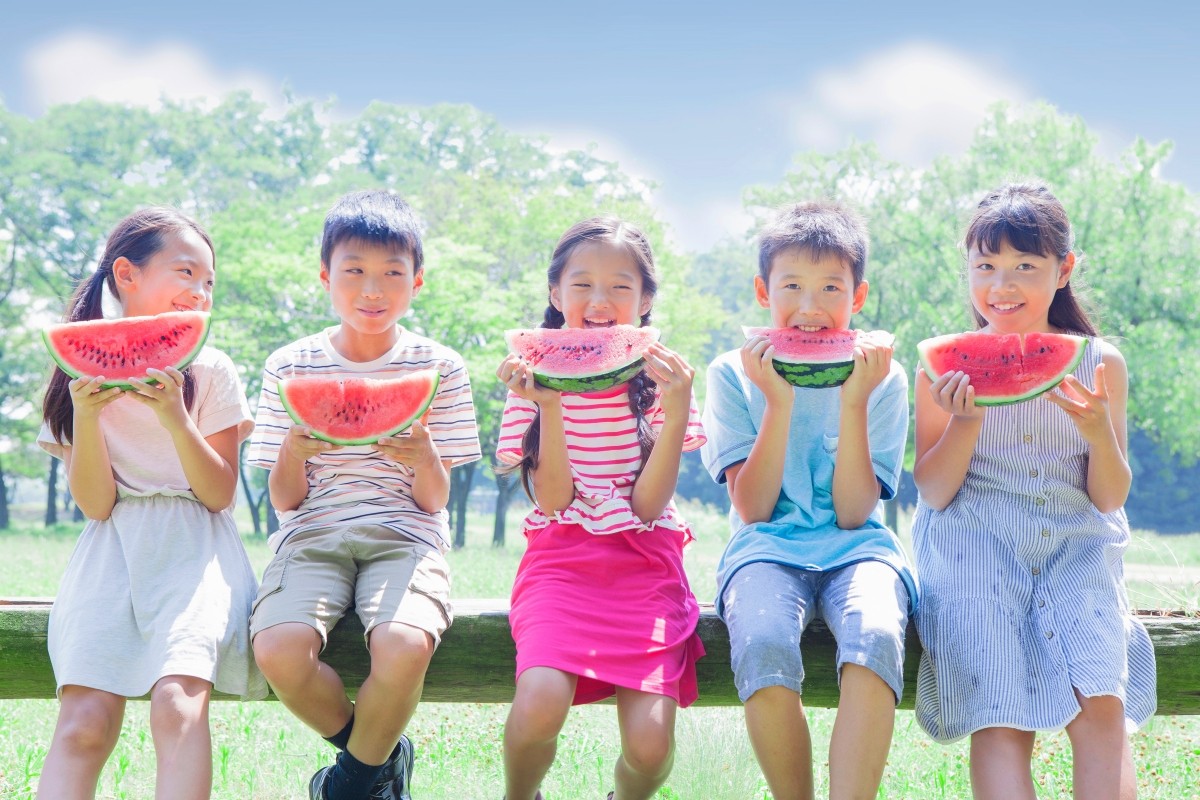
What does Japan's summer vacation mean for children? Risa Seiya, an education researcher, explains in detail the educational significance of summer vacation and how to spend it. Summer vacation is not just a chance for children to refresh their minds and bodies, but also an opportunity to grow through diverse experiences at home and in their communities.
This article introduces how elementary school students can grow during summer vacation, along with specific methods and educational values.
When Does Summer Vacation Start and End in Japan?
The Basic Summer Vacation Period

Summer vacation is the longest break in Japanese elementary schools. It usually takes place during the hottest part of the year, from late July to late August. Although the exact dates can vary depending on the region and school, classes consistently resume within August, and school always starts again by September at the latest.
In many countries, the school year begins in September. However, Japan has a unique system where the academic year starts in April. Because of this, summer vacation does not mark the end or beginning of the school year. Students return to the same class and grade after the break, which is another characteristic of Japan’s summer vacation.
Differences by Region and School
As mentioned above, even within Japan, the length of summer vacation varies depending on the region.
For example, in Hokkaido, the northernmost area of Japan, summer vacation is shorter, while the winter break is longer instead. In other regions, the length of summer vacation can range from about 30 to 42 days. Even within the same region, the exact duration may vary slightly depending on each school's policies.
The Reason Why the Summer Vacation System Was Created
Even though summer vacation does not coincide with the start or end of the school year, the biggest reason why Japanese schools have a summer break is the heat.
While classrooms have air conditioning these days, it's hard to concentrate on studying when it's hot, and heatstroke prevention during physical education is a major concern. In recent summers, temperatures in Japan have reached around 30 to 40 degrees Celsius, with humidity levels above 70 percent. The basic idea is to close schools in order to avoid the extreme heat of midsummer.
The Educational Significance of Summer Vacation in Japan
Time for Children to Refresh Their Minds and Bodies
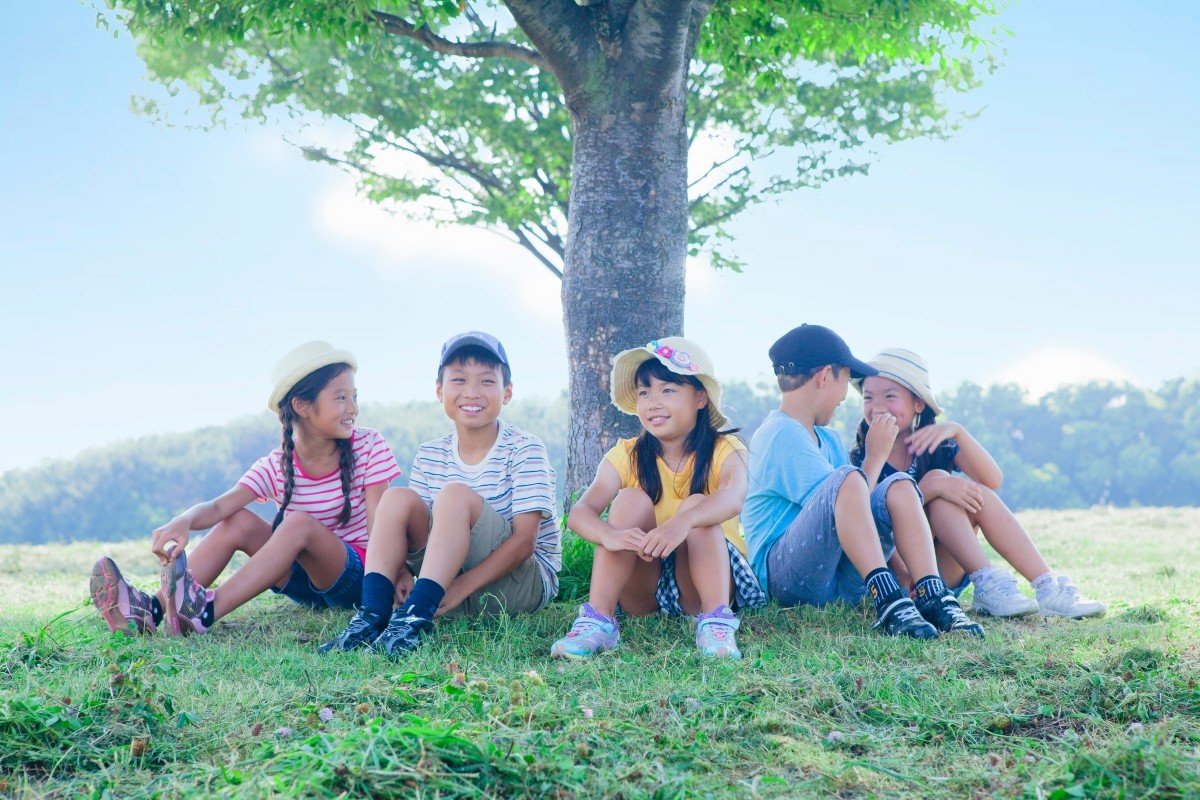
Although the main reason for summer vacation is the heat, it actually comes at just the right time for a long break. When counting from April, the beginning of the academic year, summer vacation comes roughly halfway through the school year. It is considered an important opportunity for children to refresh both mentally and physically, so that they can return to their studies re-energized.
Summer Vacation is an Opportunity for Growth, Using Home and Community as Places of Learning
Many workplaces take time off around August 13-16, a period known as "Obon." Also, more families return to parents' hometowns or go on family trips. One of the educational values of summer vacation is that it allows children to have a variety of experiences at home and in the community that they cannot usually have at school.
Variety of “Experiences” Help Develop Non-Cognitive Skills (Such as Self-Esteem and Resilience)
So how exactly do these various experiences contribute to a child’s growth?
According to an analysis of the Longitudinal Survey of Newborns in the 21st Century, children who frequently engaged in the following activities during their elementary school years:
- Experiential activities (nature experiences, social experiences, cultural experiences)
- Reading
- Helping with chores
- Playing with children of different ages or adults outside the family
tended to have higher scores in high school on non-cognitive skills such as:
- Self-esteem (positive self-regard)
- Extroversion (considering oneself active)
- Resilience (mental recovery: being interested in new things, regulating one's emotions, being positive about the future, etc.)
This suggests that a variety of experiences beyond academic study can contribute significantly to long-term personal development.
(Reference: Ministry of Education, Culture, Sports, Science and Technology "Youth Self-Reliance Support Project through Experiential Activities" for the Fiscal Year 2020)
Issues and Characteristics of Japanese Summer Vacation
Do Japanese Schools Give Too Much Homework? Or Is It a Chance for Growth?

However, even during summer vacation, Japanese schools assign "summer vacation homework." This typically includes "daily assignments" like drills and diaries, in addition to more open-ended tasks such as "free research," where children tackle a topic of their own choosing, and "book reports," where they read a book and write their impressions.
"Free research," where children independently decide on a theme, has the potential to deepen learning by sparking their interests. "Book reports" can also be an opportunity for children who don't usually read much to get into reading. If approached proactively, even homework can be a chance for growth.
That said, if too much time is spent sitting at a desk doing homework, there is the issue that it reduces the time available for a variety of experiences.
Packed Schedules with Cram Schools and Extracurricular Lessons
Some children also attend summer classes at cram schools (juku) or fill their schedules with educational activities such as English lessons. In some cases, their summer vacation becomes overly packed. Especially for those preparing for competitive junior high school entrance exams and attending cram school summer courses, studying all day even during summer vacation is often required.
Of course, studying with clear goals and self-motivation is a great thing. However, if a child’s schedule is overloaded with only academic tasks, they may miss out on the variety of experiences that are equally important for their development.
Comparison Between Summer Vacation in Japan and Overseas
How does summer vacation in other countries differ from that in Japan?
In Western countries, children's summer vacation is generally much longer than in Japan, typically lasting around two months. Schools usually do not assign homework, and each family is free to decide how to spend the time.
In East Asian regions such as China, Taiwan, and Hong Kong, summer vacation also tends to be longer than in Japan, usually lasting one to two months. However, unlike Western countries, it is common for students to be assigned homework, and academic study during the break is often emphasized, similar to Japan.
One reason for the longer summer break in Western and East Asian countries is that the school year typically begins in September, making it a natural point for an extended vacation.
In Western countries, the absence of summer homework is often based on the belief that children should have proper rest during holidays, as well as a focus on encouraging independence. During this time, parents often take longer vacations themselves to go on family trips or send their children to summer camps and programs, giving them a variety of valuable experiences, including time in nature.
Recommended Summer Activities for Elementary School Students: 11 Ways to Spend the Vacation
Of course, studying is important, but a wide range of experiences that help develop non-cognitive skills are just as essential. Based on the previously mentioned study on experience and non-cognitive abilities, here are 11 recommended ways for elementary school students to spend their summer break to support their overall growth.
1. Nature Experiences at the Sea or in the Mountains
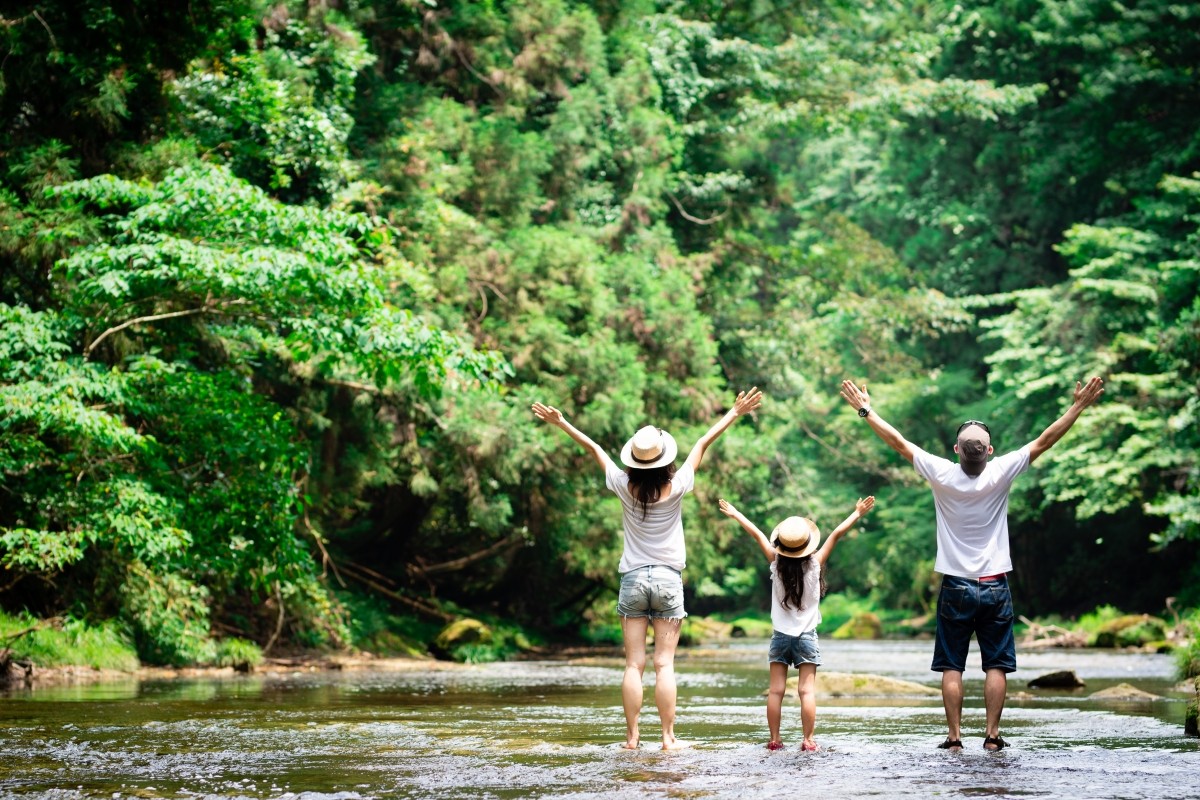
Activities like swimming in the ocean, marine sports, camping, and playing in rivers offer endless opportunities for challenge. Research shows that spending time playing freely in nature especially helps to enhance self-esteem and extroversion.
2. Career Education Through Job Experiences and Factory Tours
Companies such as railway operators and hotels offer job experience programs during summer break. Factory tours are also a great chance for children to learn about products and jobs that interest them. Children who participate in these types of social experiences are more likely to find learning and classes enjoyable.
3. Participating in Local Volunteer Work
Some communities offer volunteer experience programs that elementary school students can join during summer. Volunteering in the local area provides valuable social experiences and encourages interaction with different people, while also building a sense of attachment to the community.
4. Enjoying or Participating in Music, Theater, or Traditional Performing Arts
During summer vacation, more concerts and theater performances suitable for children are held. Japanese traditional performing arts such as rakugo, a form of comic storytelling, are also recommended. These cultural experiences have been shown to positively influence all areas of non-cognitive development, including curiosity and a forward-looking attitude.
5. Learning While Having Fun at Zoos, Aquariums, Art Museums, Science Centers, and History Museums
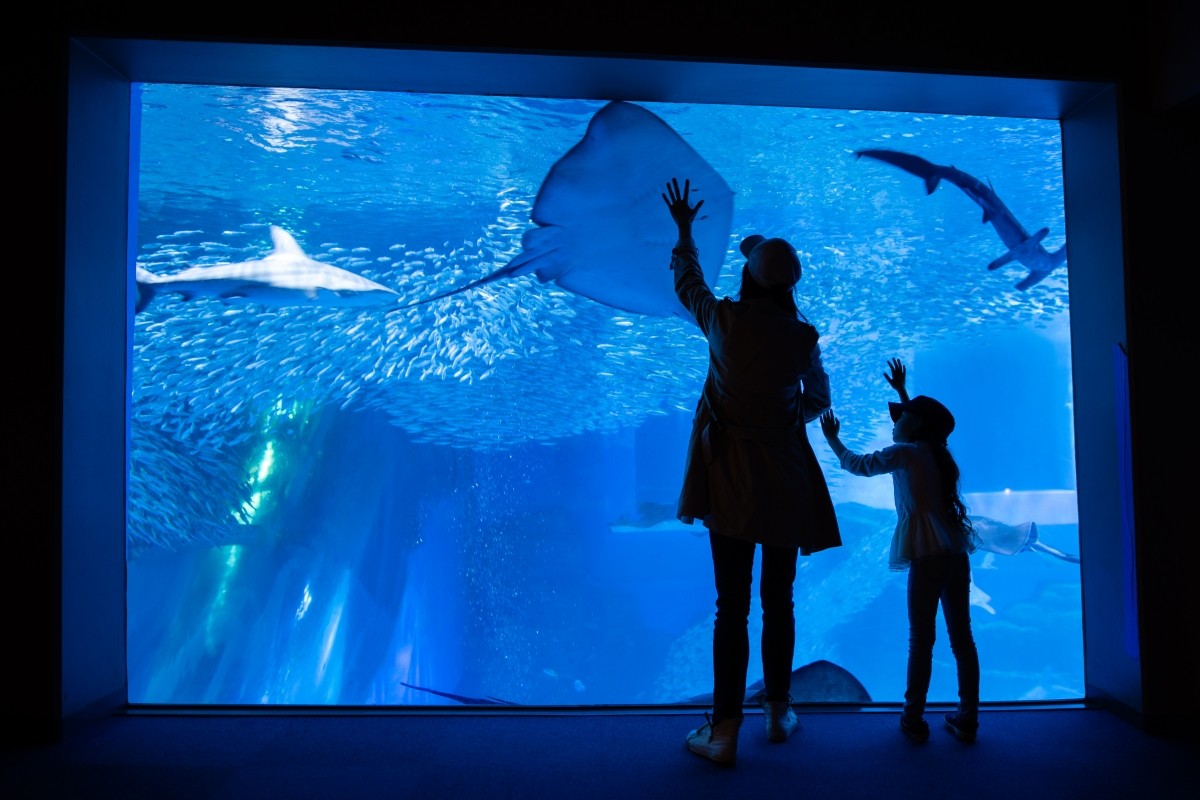
Visiting zoos and aquariums to observe animals, exploring art at museums, and learning through hands-on exhibits at science and history museums are all cultural experiences. These enjoyable activities help increase knowledge and foster the growth of non-cognitive skills.
6. Watching Live Sports with Family
Watching live sports such as baseball, soccer, or basketball is another cultural experience that supports non-cognitive development. Studies have also shown that watching games in person, rather than on television or online, reduces stress and increases happiness.
7. Go Back to Your Parent's House to See Your Grandparents and Cousins
Playing with people of different ages and interacting with adults other than immediate family has been shown to have positive effects on self-esteem and extroversion. Visiting grandparents and cousins during the summer break is a meaningful experience that supports non-cognitive growth.
8. Helping Out With Household Chores and Taking On Family Responsibilities
Helping with chores has been shown to positively influence self-esteem, extroversion, resilience, and a positive attitude toward learning. It is ideal to assign children specific responsibilities and encourage them to carry them out regularly.
9. Read Your Favorite Book
Reading is another activity that helps develop non-cognitive skills. Children who read frequently tend to show greater curiosity, better emotional regulation, and a more positive outlook on the future and learning. Enjoying favorite books in the cool environment of a library is one of the joys of summer.
10. Joining a Summer Camp or Summer Program of Interest
In Japan, a growing number of organizations and companies are offering summer camps and programs for elementary students. These programs cover various themes such as nature, science, agriculture, English, and traditional arts. The experience of participating in something new on their own contributes significantly to personal growth.
11. Proactively Engaging in Something You Like to Do
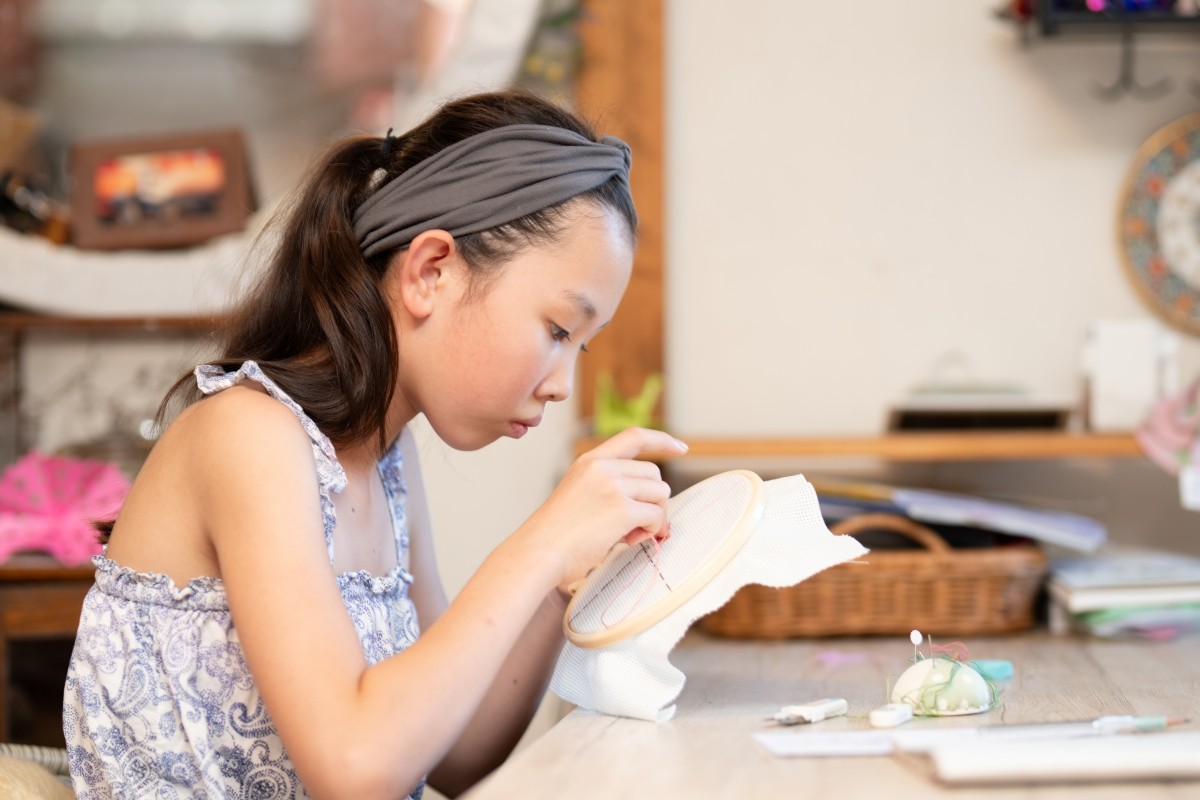
Above all, the best way to foster non-cognitive abilities is to take initiative and engage in something you genuinely enjoy.
No matter what the activity is, if a child shows interest or wants to try something new, it is important to support and encourage them.
How to Turn Summer Vacation into a "Season of Growth"
Summer vacation is an excellent opportunity to develop non-cognitive skills and nurture "the power to live" through various experiences. For experiences that parents can also participate in, it's recommended that parents and children learn together.
However, regardless of the experience, the most important thing is not for adults to "make" children do something, but for children to engage with a proactive "I want to do this" attitude. By all means, please encourage children to start with challenges that they themselves are interested in.
Written by: Risa Seiya
Editor-in-Chief of "FQ Kids," a weaving education magazine that fosters non-cognitive skills. Studied diverse approaches to education at the Faculty of Policy Management, Keio University. After working at Recruit Co., Ltd., she established the NPO "Ikihagu" and has interviewed over 100 schools and kindergartens nationwide under the theme of "nurturing the power to live." As an "educational researcher who nurtures the power to live," she engages in editing, writing, and lecturing activities related to diverse education that fosters non-cognitive skills.
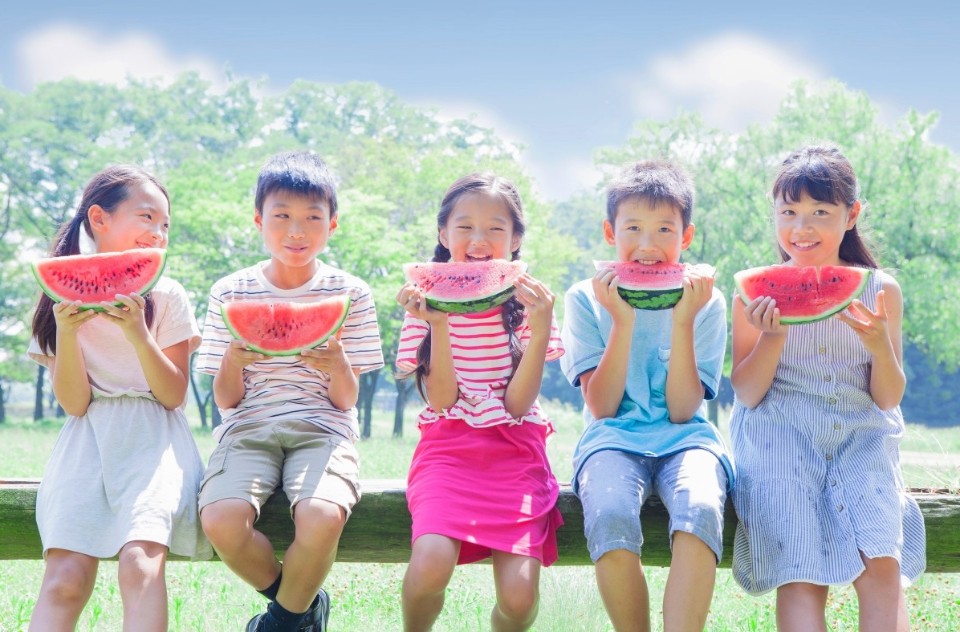
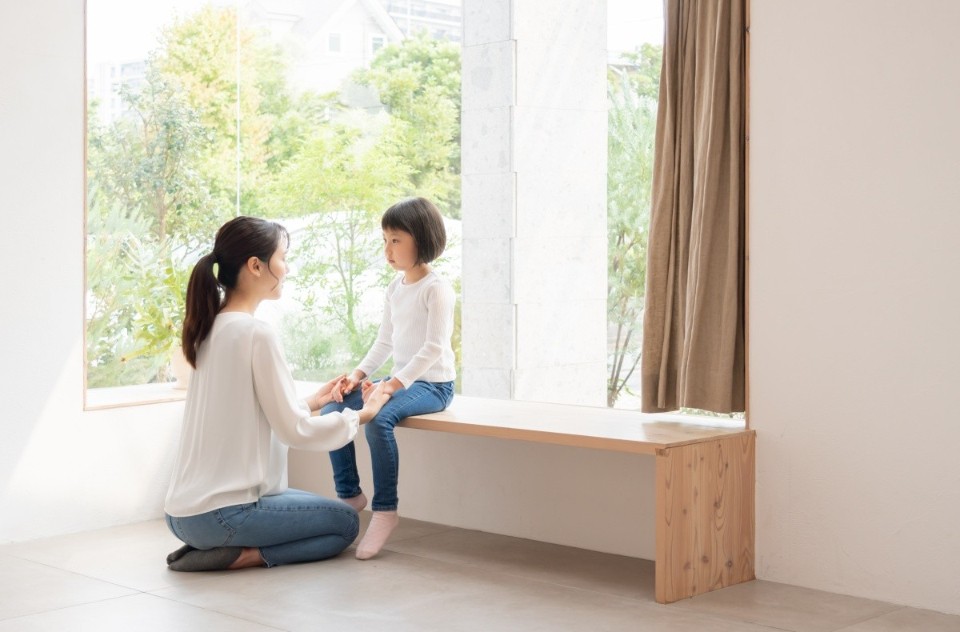
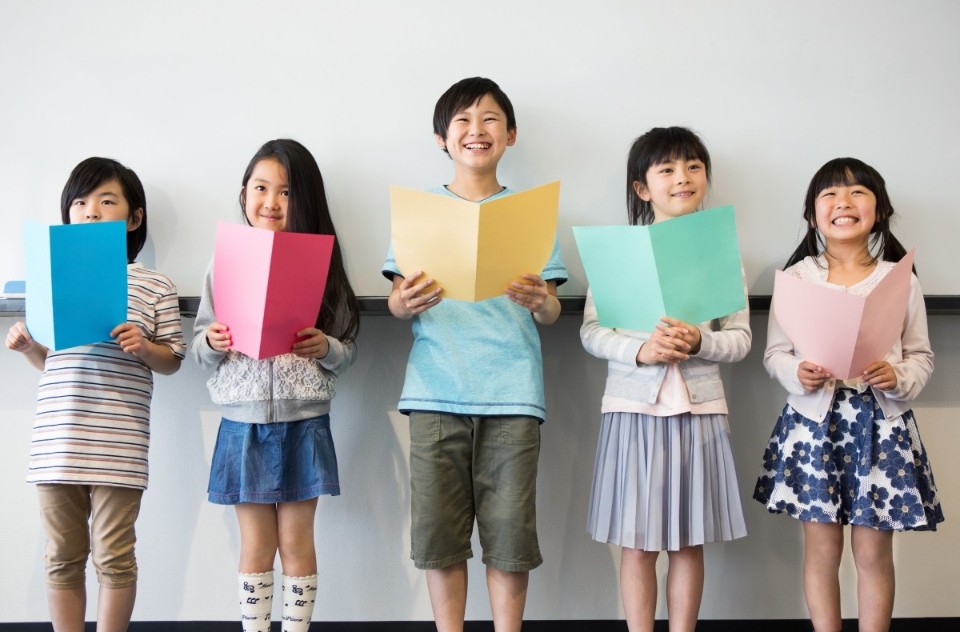
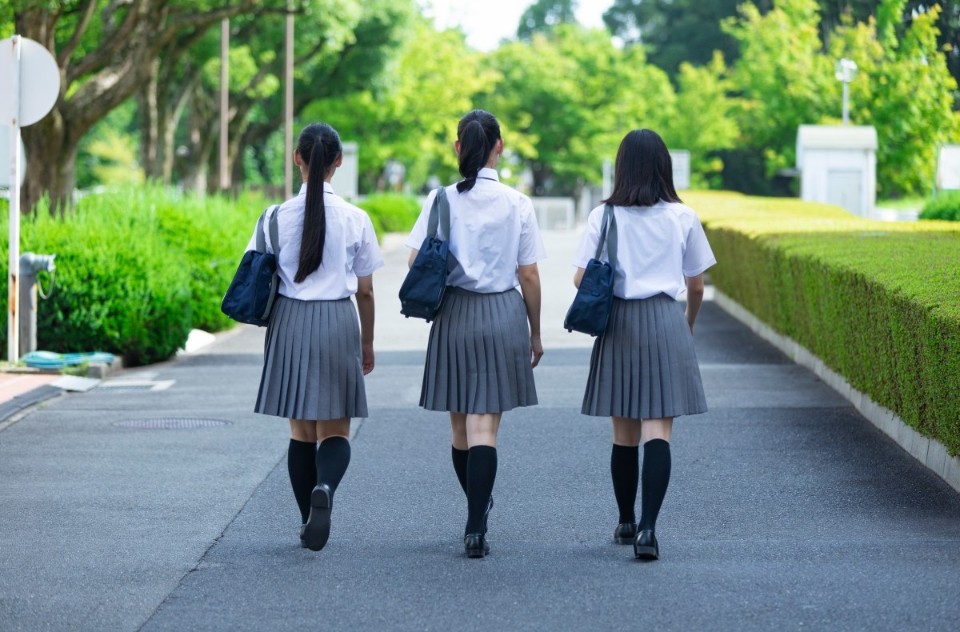
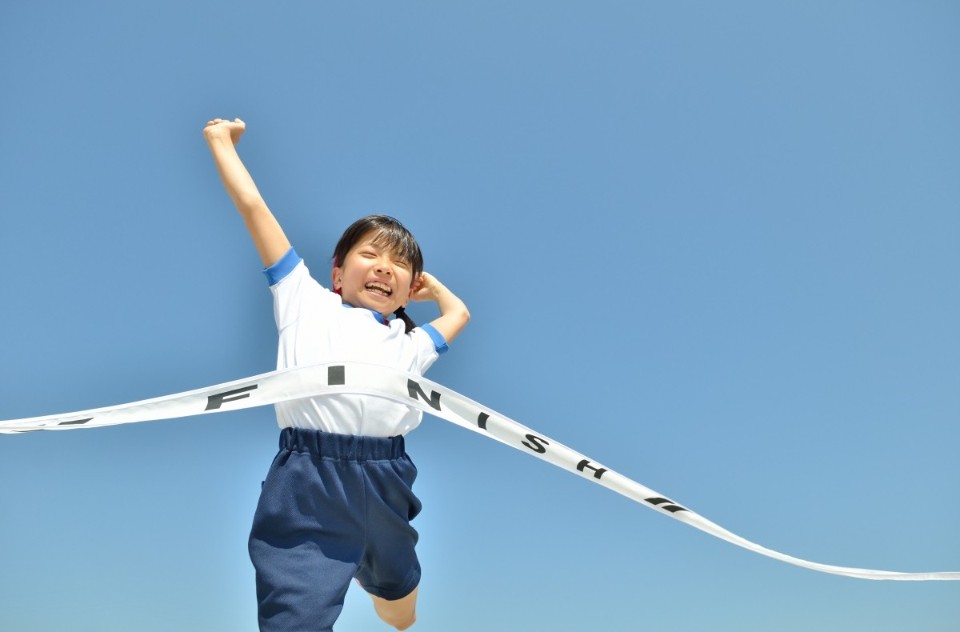
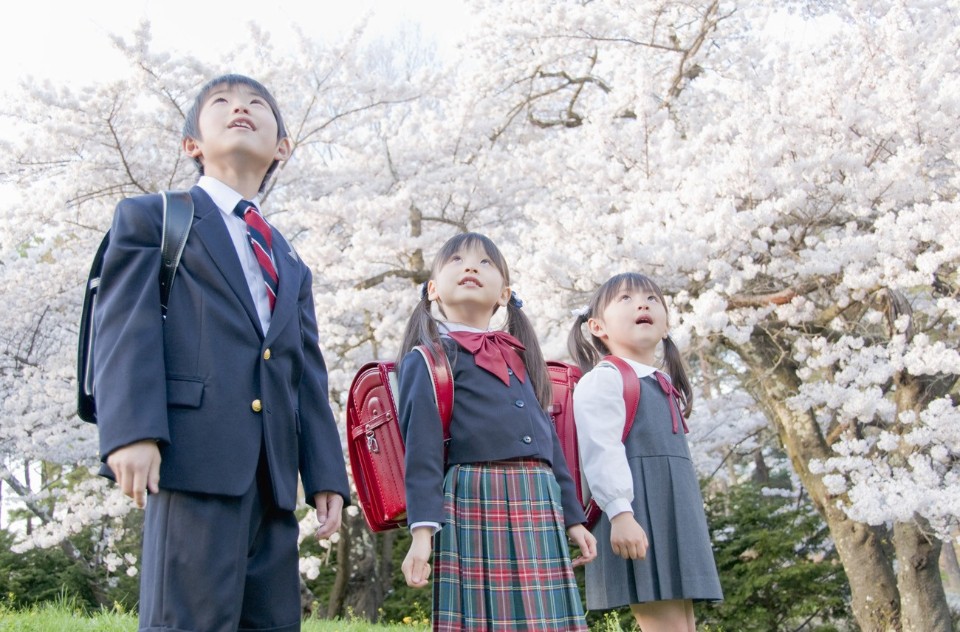
Comments